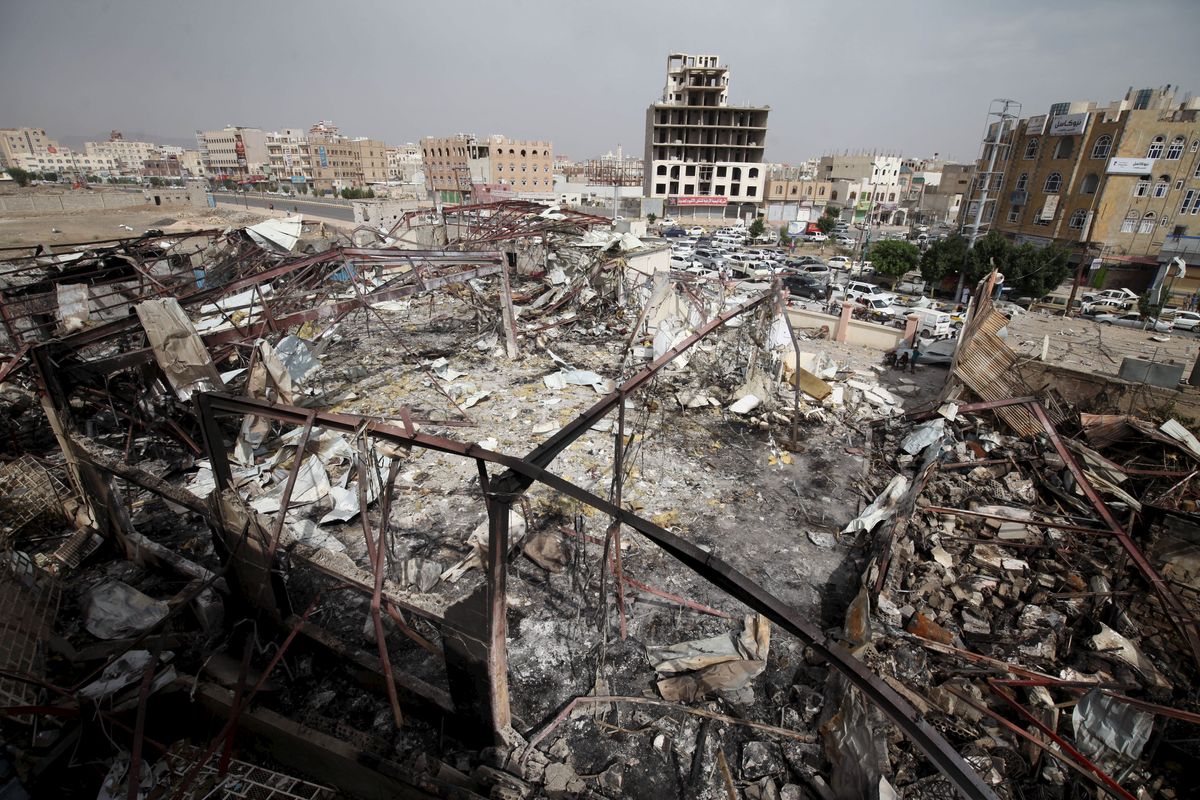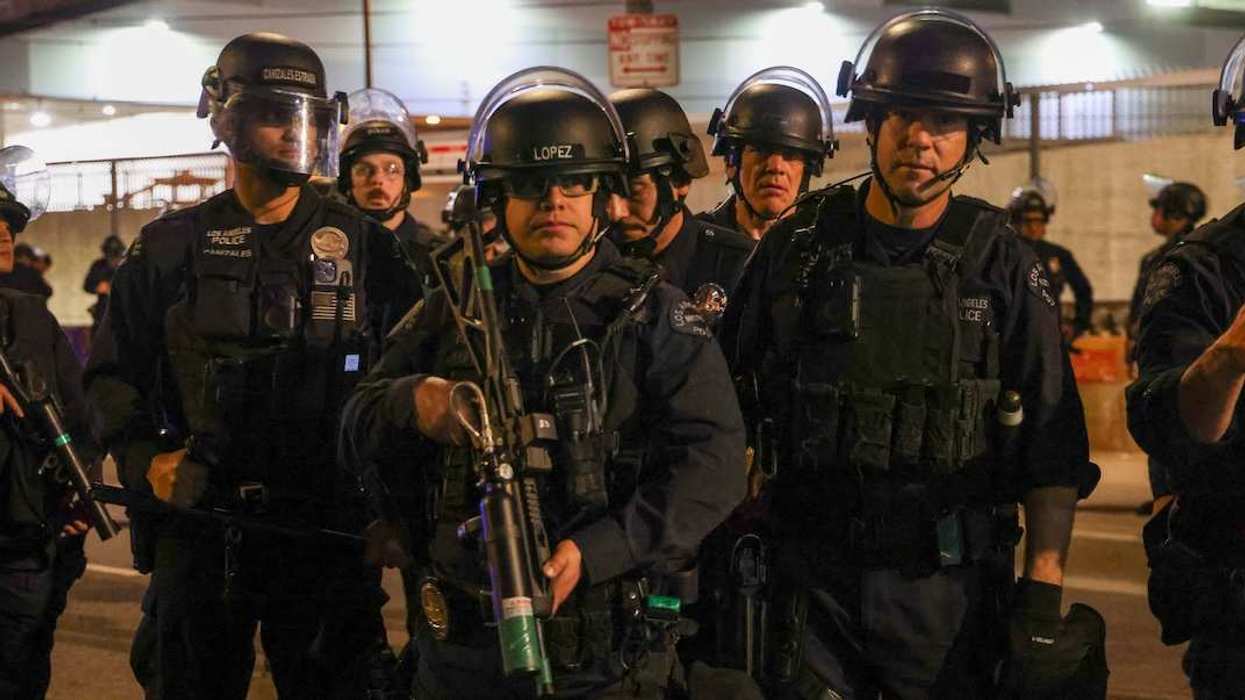Sometimes one big story or narrative in a given part of the world can divert people’s attention from other, similar things that are happening there at the same time. Here’s a quick run through a few stories that aren’t actually the stories you’ve heard most about...
The Latin American refugee crisis that’s not in Venezuela.
The economic catastrophe wrought by Venezuelan President Nicolas Maduro has driven millions from his country, but there is a growing exodus from Nicaragua now too, as thousands flee the political and economic turmoil that began earlier this year amid protests and a brutal crackdown by President Daniel Ortega. Most of those fleeing are headed south into Nicaragua’s prosperous and stable neighbor Costa Rica. (Going north would mean entering Honduras, one of the world’s most violent countries).
In recent years, the so-called “Northern Triangle” Central American nations of El Salvador, Guatemala, and Honduras, have become some of the most violent places on earth, wracked by gang violence, drug trafficking and weak governments. But the deepening crisis in Nicaragua, and growing refugee flows, could begin to test stability there and in Costa Rica as well.
The impending final bloodbath in a Middle East civil war that’s not in Syria.
The fragile fate of Syria’s Idlib province — the last remaining holdout against Bashar Al Assad’s Russian-backed war machine — has gotten much attention in recent weeks. But Yemen’s four-year-old civil war may be headed for a violent final showdown, as well. As a reminder, the war started in 2014 when the Houthis, Shiite rebels with ties to Iran, ousted a Saudi-backed government, prompting intervention by a Saudi-led coalition of Gulf States with US help.
The war has already created the world’s worst humanitarian crisis, claiming the lives of more than 15,000 civilians, amid human rights violations on all sides. Following the recent collapse of peace talks, the UAE says it will retake the strategic port city of Hodeidah from the Houthis. Even beyond the impact of urban warfare on the city’s 600,000 remaining residents, Hodeidah is the port of entry for 70 percent of the food and medicine that goes to Yemen. With about three-quarters of the population dependent on that foreign aid, a battle for Hodeidah could have catastrophic ripple effects throughout the war-ravaged country.The persecuted religious minority in China that’s not Xinjiang’s Muslims
China has been in the spotlight recently for its discriminatory and repressive policies towards Muslims, and Tibet sometimes makes the news as well, but there’s another minority of religious believers that struggles to worship freely in the country. China’s 60 million Christians have for decades been forced to choose between state-approved churches and underground places of worship that the state cracks down on – sometimes with bulldozers.
In particular, China’s 10 million Catholics have until now had to navigate a system in which Beijing and the Holy See -- which cut ties in 1951 -- each appoint bishops whom the other refuses to recognize. Over the weekend, the two sides took a big step towards reconciliation with an agreement under which the Vatican will recognize several government-appointed bishops and sideline several of its own appointees. In return, China will give the Pope a say in new appointments.
The agreement sparked criticism—from Catholics who don’t want to give an atheist authoritarian government influence over spiritual matters and from Chinese Communist Party officials who object to ceding any sovereignty over internal religious affairs to the Pope.
I’ll leave you with the question my fellow Signalista Willis posed to me: Is this the Pope bowing to the reality of China’s power, or China bowing to the reality of the Pope’s power?



















